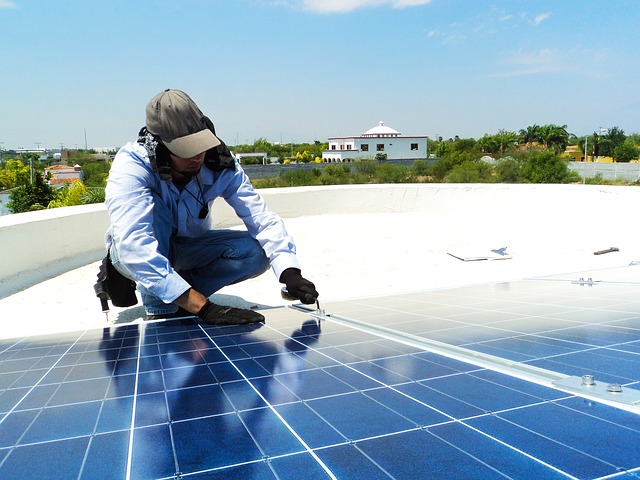Businesses and governments ramp up energy initiatives at the seventh Clean Energy Ministerial
We Mean Business
With five months to go until COP22, the pressure is mounting to demonstrate “real action”, according to Hakima El Haite, Delegate Minister in Charge of Environment, Morocco and COP22 Host. The annual meeting of the Clean Energy Ministerial (CEM) in San Francisco this week provided a critical moment to highlight that action. Its 25 members represent almost 90% of global investments in clean energy and 75% of global greenhouse gas emissions and so the leadership of this group is critical for delivering promises made in Paris. Announcements made during the two-day meeting indicate that leadership is exactly what this group plans to deliver.
Ramping up renewables procurement
One of the key areas of focus for the CEM is accelerating the procurement of renewable energy from the corporate sector. Danish and German governments launched a new Corporate Sourcing of Renewables campaign, which encourages business across the 25 CEM countries to switch to renewable power, and join bold initiatives such as RE100.
The RE100 campaign now has 65 influential companies on board – with six companies announced on stage yesterday – all have committed to source 100% renewable electricity across their global operations.
The support of governments for such initiatives will play a key role in the next years in the push to meet the goals of the Paris Agreement. As Mark Kenber, CEO of The Climate Group – which leads the RE100 initiative – said: “In many cases business wants to go further and faster. Governments can play a key role by implementing supportive policies, particularly in emerging economies – crucial for unlocking the growth of the renewable energy market globally.”
Accelerating low carbon transport
It’s not just the energy sector that is getting a boost. The World Business Council for Sustainable Development has launched a new initiative – “below50” – in response to growing pressure from policymakers and industry experts to adopt solutions to cut emissions from transportation. The aim is to scale up development and deployment of a new generation of sustainable fuels, encouraging companies to adopt sustainable low-carbon transport fuels and achieve a 50% reduction in CO2 compared to traditional fuels.
According to the International Energy Agency, the share of low-carbon transportation fuels must grow to 10% by 2030, with the current figure being stuck at 3%. Tapping this opportunity will allow businesses to enter a sector which is estimated to be worth $185 billion by 2021, while scaling up the deployment of new and more efficient types of biofuels, which are already available.
“The complexity of the issues is too big for any one party to tackle alone”, stated Rob van Leen, Chief Innovation Officer of Royal DSM, one of the nine pioneering companies that joined the campaign. “The below50 campaign is a great example of a cross-sectoral business platform to drive growth and commercialization of sustainable technologies for low-carbon transportation fuels, together with investors and policy-makers,” he added.
Continued growth of business coalition
Climate action initiatives, including RE100 and below50, are being supported by the We Mean Business coalition and provide evidence that by joining powerful partnerships, businesses and investors can truly lead the low-carbon transition further and faster. To try and quantify this, we will be releasing an analysis of ‘Business-Determined Contributions’ at the Business and Climate Summit later this month. This new report will show the global impact that some of the initiatives within the We Mean Business campaign can have in the next 15 years.
With the additional support of the Clean Energy Ministerial this week we are confident that we can dramatically increase the number of businesses that are not only taking low-carbon action – but are shaping the low-carbon economy.

